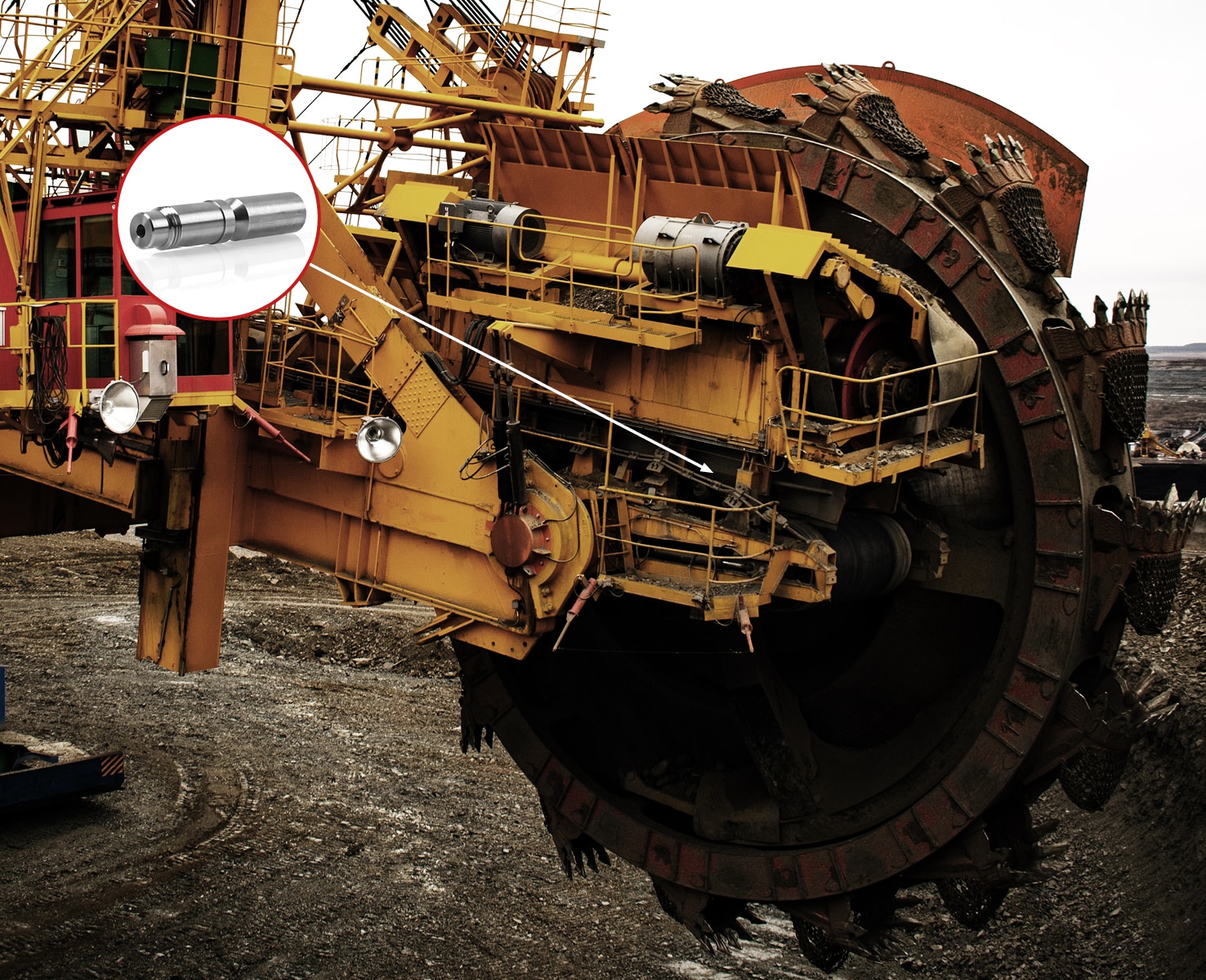The challenge
A leading manufacturer of valves and valve blocks for commercial vehicles, which specializes in construction machinery, wanted to expand its market share in China. To survive in the tough competition, the prices for the valves needed to be lowered. In addition, manufacturing of the components was to be localized in China and assembly was to be carried out at the company’s own factory in China. Despite high cost pressure, quality had to remain at the highest level in order to meet the quality standards of the international brand.
The special nature of the task
Very hard ETG 100 steel, which is manufactured exclusively by Swisssteel in Switzerland, was being used for the valve housing. To sustainably reduce costs, savings also had to be made on materials.
Due to the high hardness of the material, the very high precision requirements and the many cross-holes, the valve housing is mechanically extremely complex to manufacture. There must be no burrs on the cross holes, but at the same time there must be no bevels, as this would affect the valve performance.
The Dakoko solution
To achieve savings in material selection, Dakoko recommended components made of tempered Chinese 1144 steel to the customer. This material, which has a hardness of over 30HRC after tempering, was able to meet the requirements in testing and enabled material cost savings of around 50%.
Dakoko supplies almost all turned parts used in the valves to the customer. The localization of the manufacturing for the valve housing was also successful while complying with all quality specifications.
Details that make the difference
The precision of the inner bore on the valve housing blank is crucial for the stability of the downstream processes. Dakoko therefore manufactures the part on Japanese sliding headstock lathes equipped with special ceramic bearings to enable maximum precision. By internal turning on a precision lathe, the bore is prepared to such an extent that it already meets tolerances of less than 10 µm. This means that the amount of material required for the final honing can be reduced to a minimum, in turn leading to savings, especially when it comes to the very expensive honing tools.
Benefits for the customer
- 50% cost savings through intelligent material selection
- Further cost savings through smartly selected details in the manufacturing process
- Consistently meeting quality requirements
